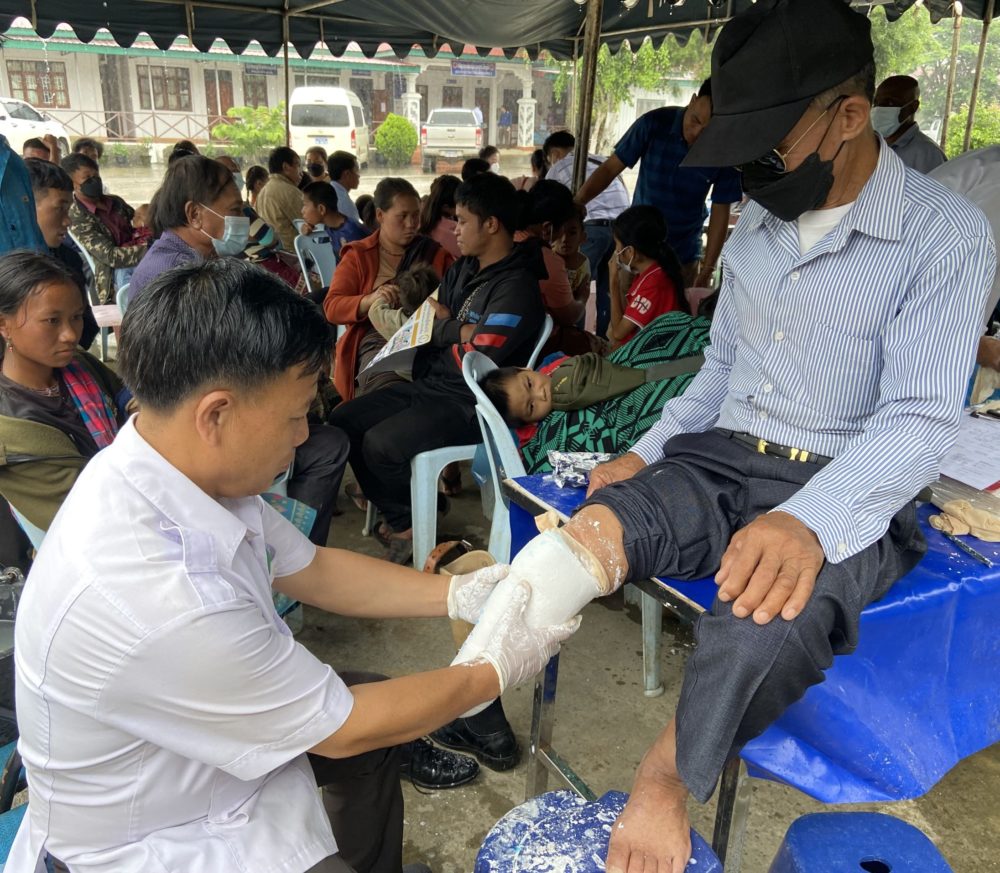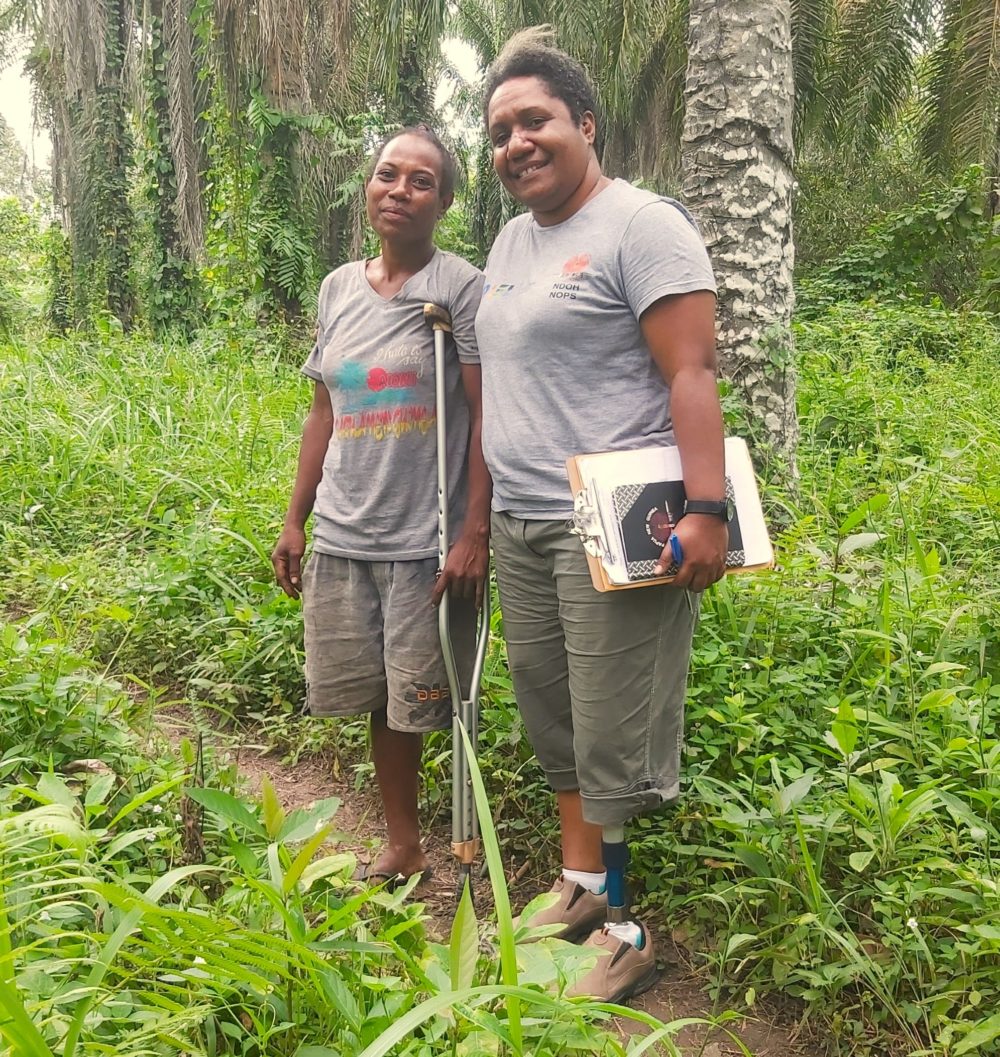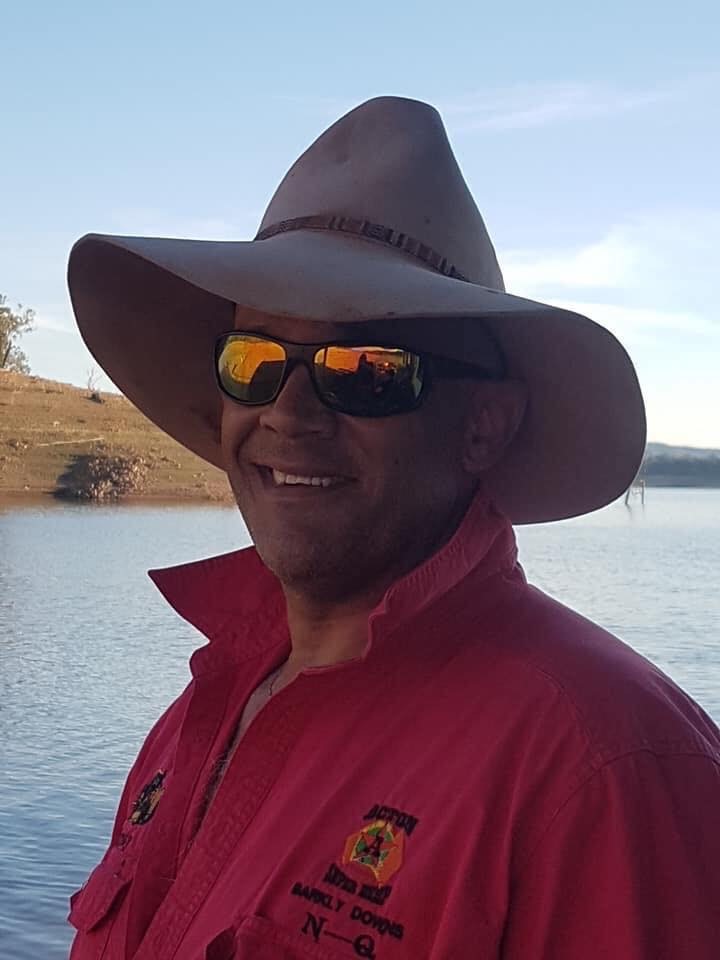By Neena Bhandari
Sydney, 31.08.2022 (SciDev.Net): Limited access to assistive technologies such as eyeglasses, hearing aids, mobility and communication devices, affordability and a lack of trained workforce remain significant challenges in meeting the needs of people with disabilities and the elderly in the Asia Pacific region.
According to a 2022 UN report, access to assistive technologies in some low-and middle-income countries is as low as three per cent. Assistive technology is an umbrella term for devices and related services that help users live with greater independence by improving their functioning in daily activities.
Globally, the market for assistive technologies for the disabled and elderly is expected to reach US$60.84 billion by 2028, says a recent study. It is expected to rise fastest in the Asia Pacific region because of the large population base and rising awareness about better healthcare. Continue reading



